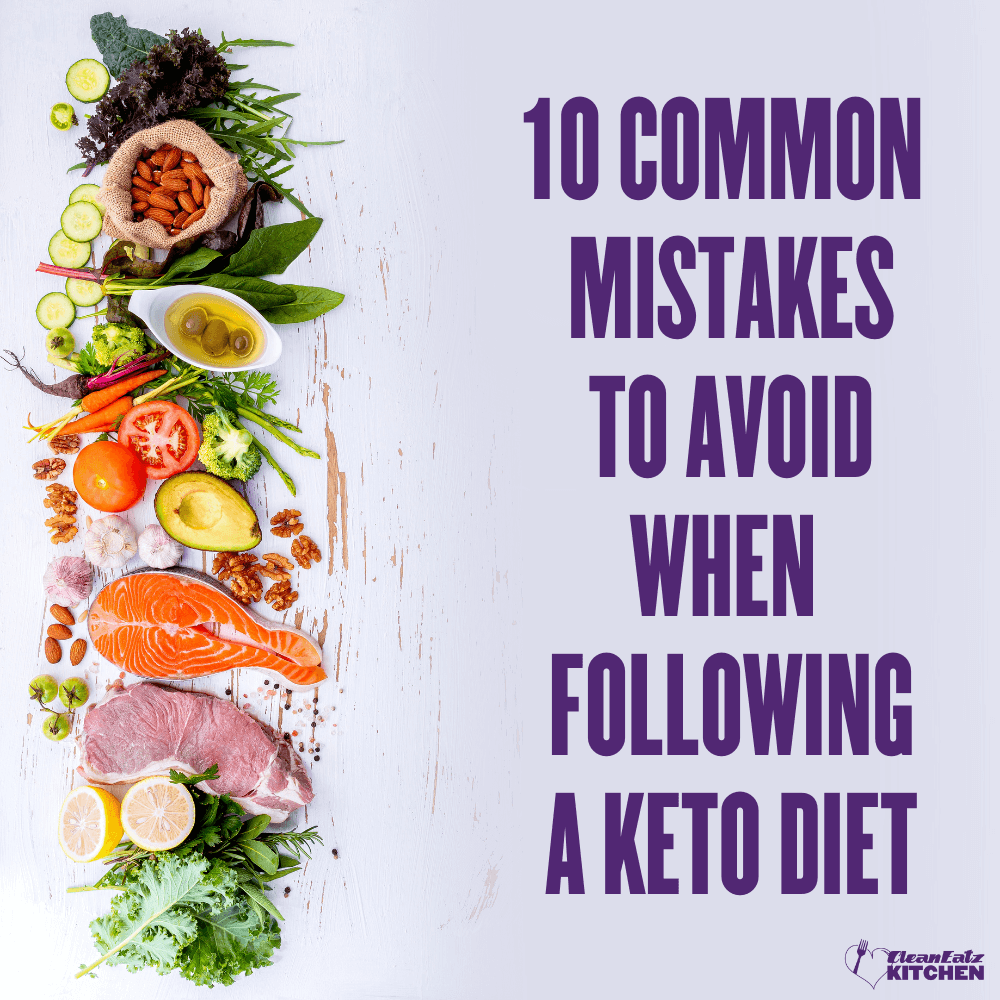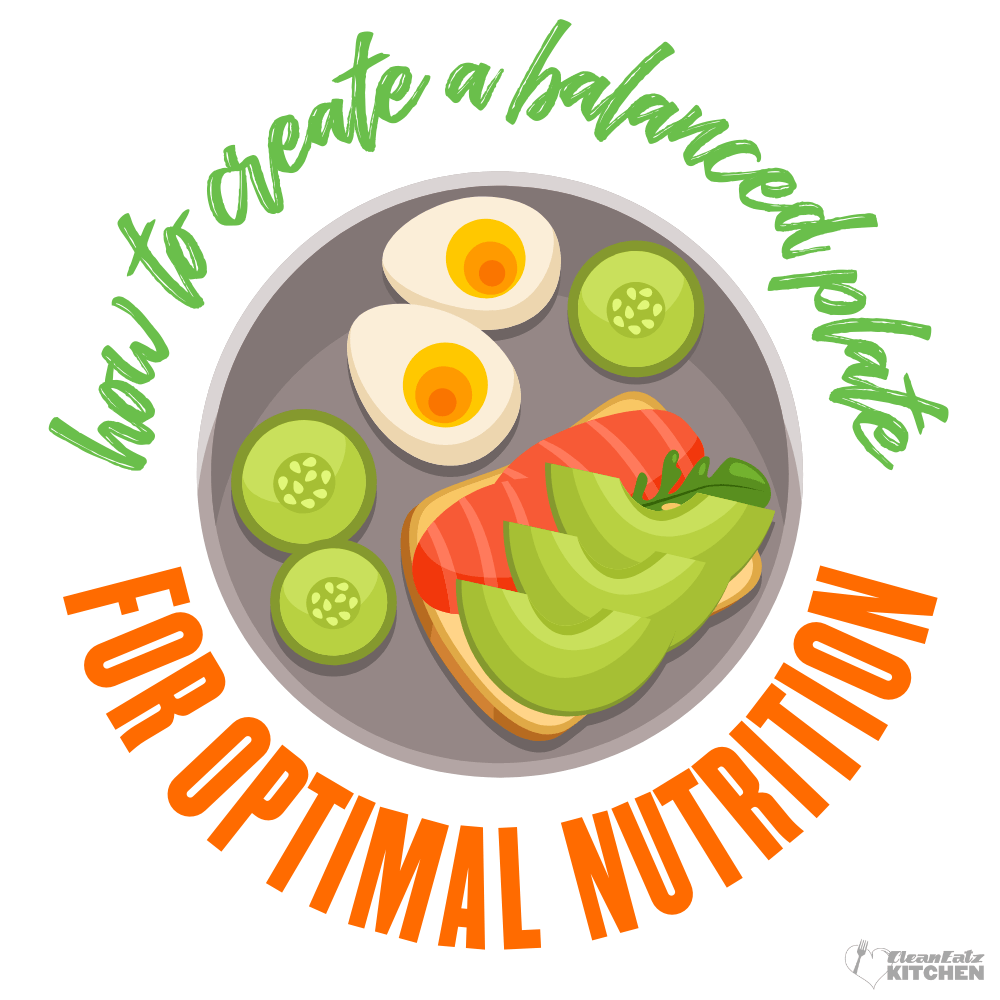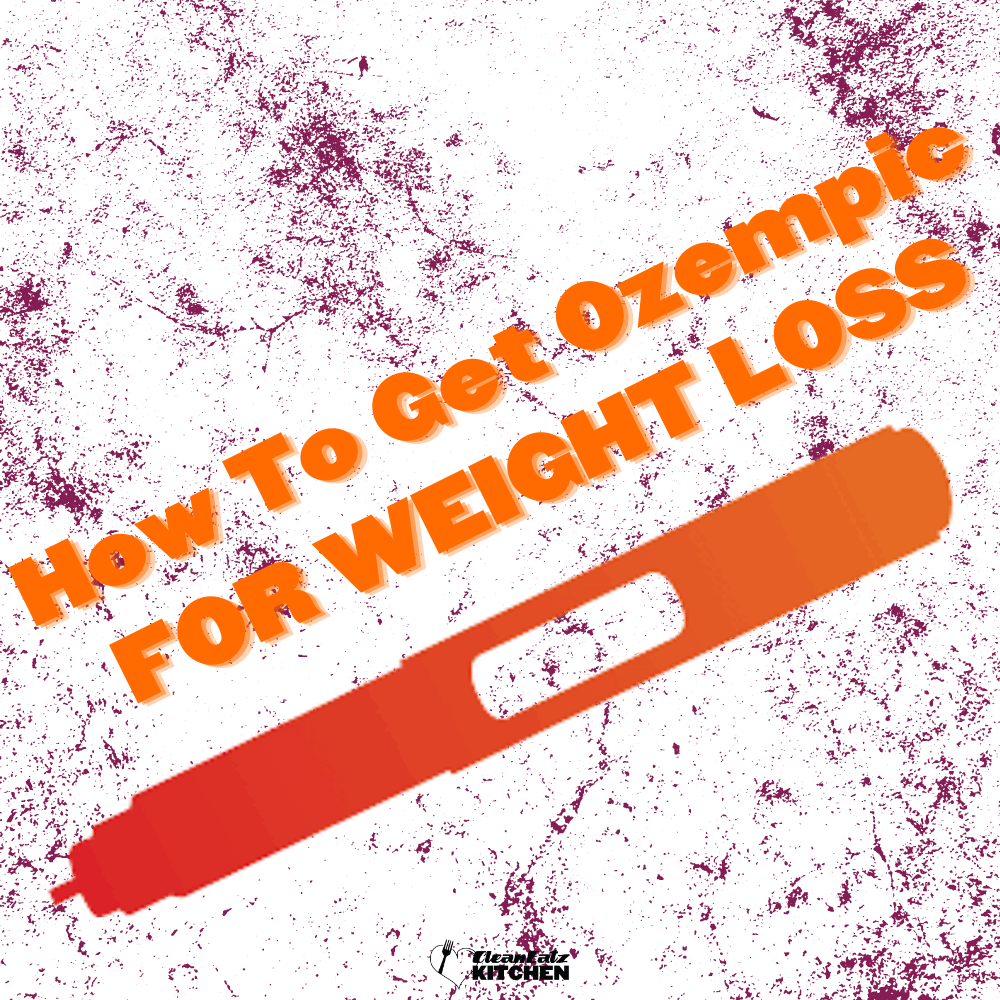
10 Common Mistakes To Avoid When Following a Keto Diet
Diana Ketchen
Nutrition
|
Weight Loss
5 minute read
10 Common Mistakes To Avoid When Following a Keto Diet
Are you on the ketogenic diet but need to know whether you're doing it right? You're not alone! Many people struggle with the Keto diet meal plan, making common missteps that can impact their weight, energy levels, and health.
But there's hope! By mastering techniques like proper portion control and planning meals in advance, you can set yourself up for success when following a Keto lifestyle.
In this blog post, we will discuss ten mistakes to avoid while trying a Ketogenic Diet so that your journey towards healthier living is easier and more enjoyable. Whether you are just beginning or have been having keto meals delivered for months, use our guide to avoid potential pitfalls while increasing your chances of success!
Here Are 10 Common Mistakes To Avoid When Following a Keto Diet.
1) Eating Too Many Carbs
One of the main components of the Keto diet is limiting your carb intake. But it's easy to get carried away and overindulge in carbs. So it's essential to be mindful of how many carbs you're consuming and keep them within the recommended range (less than 20g per day).
2) Consuming Too Much Protein
While protein is essential for muscle growth and repair, too much protein can actually kick you out of ketosis due to gluconeogenesis. Therefore, you must monitor your protein intake carefully so you don't consume too much and derail your progress.
3) Not Drinking Enough Water
Staying hydrated is essential for any healthy lifestyle, but it's necessary when following a keto diet. Proper hydration helps flush out toxins from your body and keeps you feeling full longer. So make sure you're drinking enough water throughout the day!
4) Not Prepared If You Get The Keto Flu
As with any significant dietary change, there will be some side effects that you need to look out for, such as headaches or fatigue. This is known as the "keto flu," and while it doesn't last long, it can be difficult if you're not prepared for how your body will react initially. Therefore, research beforehand to know what signs to look out for!
5) Not Preparing Meal Plans In Advance
With meal plans, it can be easier to stay on track with the keto diet since it requires a lot of planning ahead for it to work properly. Take some time each week or month to plan your meals so that you have an idea of what foods work best together and what recipes suit your tastes best.
6) Using Artificial Sweeteners
Artificial sweeteners may seem harmless at first glance, but they can actually cause more harm than good when following a keto diet because they spike blood sugar levels which can throw off your metabolism and negate all the hard work that you've put in! So stay away from artificial sweeteners!
7) Not Taking Care Of High Sodium Levels
Sodium is needed by our bodies to maintain fluid balance. However, too much sodium can cause dehydration and electrolyte imbalances leading to headaches or dizziness while on the keto diet; make sure you are getting enough sodium by eating plenty of leafy greens like kale or spinach, which contain natural sources of sodium.
8) Not Getting Sufficient Sleep
Sleep is essential for proper physical and mental functioning; however, when following a keto diet, inadequate sleep could interfere with weight loss goals since lack of rest leads to fatigue which may cause cravings or overeat later in the day.
Try setting a bedtime routine where you go through winding down activities such as reading before bedtime or drinking herbal tea instead of coffee after dinner. These small changes will help promote better sleep quality overall!
9) Neglecting Electrolytes
When you are following a keto diet, your food choices are limited, so you may not get enough electrolytes in your diet. Electrolytes are vital minerals necessary for proper hydration and nerve function; they include sodium, potassium, magnesium, and calcium.
When you go on a low-carb or ketogenic diet, your body needs more electrolytes because it can no longer absorb them efficiently from carbohydrates. Therefore, it is vital to ensure that you are supplementing these minerals as needed. This can be done through dietary sources such as bone broth or by adding electrolyte tablets or powders to drinks or foods.
10) Not Taking Care of Low Sodium Levels
Another common mistake people make when on a ketogenic diet is not paying attention to their sodium levels. Due to the nature of the keto diet, which includes eliminating processed foods, it can lead to an overall decrease in daily sodium intake. Unfortunately, this can lead to symptoms such as headaches and fatigue due to dehydration caused by low sodium levels in the body.
As such, it is essential for those following a keto lifestyle to maintain adequate levels of daily sodium consumption (about 2000-3000 milligrams per day). This can be done by adding salt and other high-sodium foods, such as olives or pickles, into meals throughout the day.
Mistakes You Don’t Want To Make While on Keto!
-
Many people make common mistakes when following a Keto diet, which can impact their weight, energy levels, and health.
-
By mastering techniques like proper portion control and planning meals in advance, you can set yourself up for success when following a Keto lifestyle.
-
Eating too many carbs or consuming too much protein are two common mistakes people make while on the Keto diet – it's essential to be mindful of intake levels for both macronutrients.
-
Not drinking enough water or being prepared for the "keto flu" are among the most frequent errors made by those new to the diet; staying hydrated and knowing what signs to look out for can help mitigate these issues.
-
Other tips include: using meal plans/preparing meals in advance, avoiding artificial sweeteners, and getting sufficient sleep every night.
Related Articles
How To Get Ozempic for Weight Loss?
7 minute read
Comparing Olive Oil and Butter for Healthier Weight Loss
8 minute read



